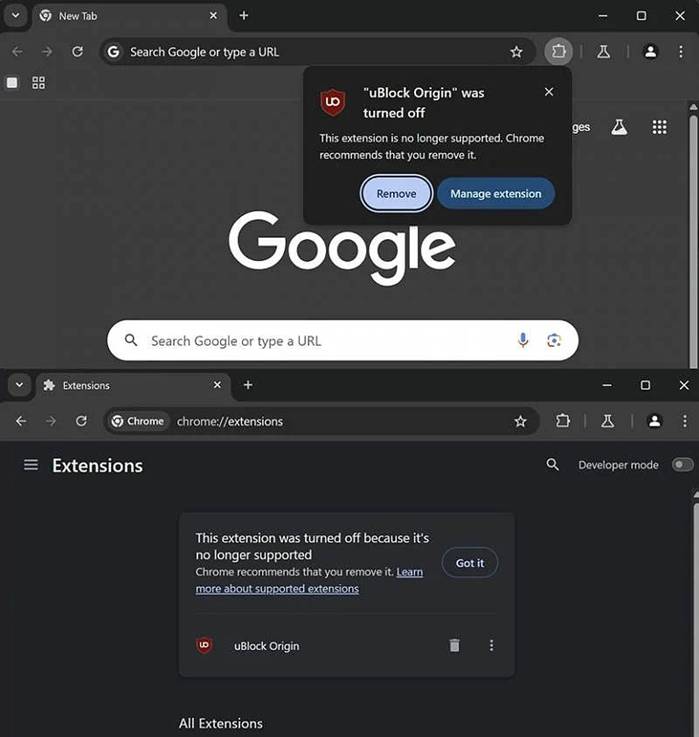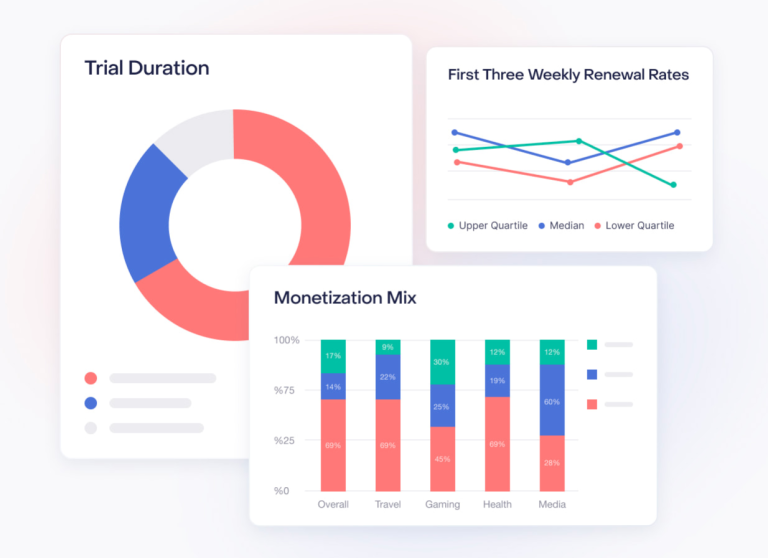
Google has begun disabling uBlock Origin and other extensions based on Manifest V2 in the Chrome browser. This move is part of the company’s broader strategy to fully transition to Manifest V3, a new extension specification that significantly restricts access to user requests and remote content.
Despite Google’s claims of improved security and performance, these changes have severely impacted the functionality of popular ad-blocking and privacy-protection tools. One of the first casualties is uBlock Origin—users worldwide report that the extension is being automatically disabled with no option to reactivate it.
uBlock Origin has long been a widely used extension for ad-blocking and online privacy. It not only filters out banners, pop-ups, and trackers by default but also allows users to manually configure filters and block specific elements on web pages.
Now, Chrome marks this beloved extension as “no longer supported,” leaving users with only two choices—either remove it or navigate to the extension settings. It is worth noting that the phase-out of Manifest V2 is being implemented gradually, meaning some users may not experience the effects immediately.
Discussions on Reddit are already in full swing. While some users lament that Google has begun disabling uBlock Origin and other essential extensions without prior warning, others argue that this marks the literal end of an era for Chrome. Many predict that this decision will drive users en masse to alternative web browsers.
Although the complete deactivation of Manifest V2 is officially slated for June 2025, this deadline applies only to enterprise customers, who will have the option to extend support via a special group policy. For regular Chrome users, however, the transition is already underway, and soon, all legacy extensions will cease to function.
As an alternative, the developer of uBlock Origin has introduced uBlock Origin Lite (uBOL), a version compatible with Manifest V3. However, many users find it too limited and lacking in functionality compared to the original.
Google has yet to comment on the timeline for completing the transition or the rationale behind such a rigid approach. This controversial decision raises pressing questions about the balance between security and user autonomy. By restricting the capabilities of ad blockers, Google is not only reshaping the browsing experience but also pushing users toward seeking alternatives. Will the company come to regret this decision in the long run?


